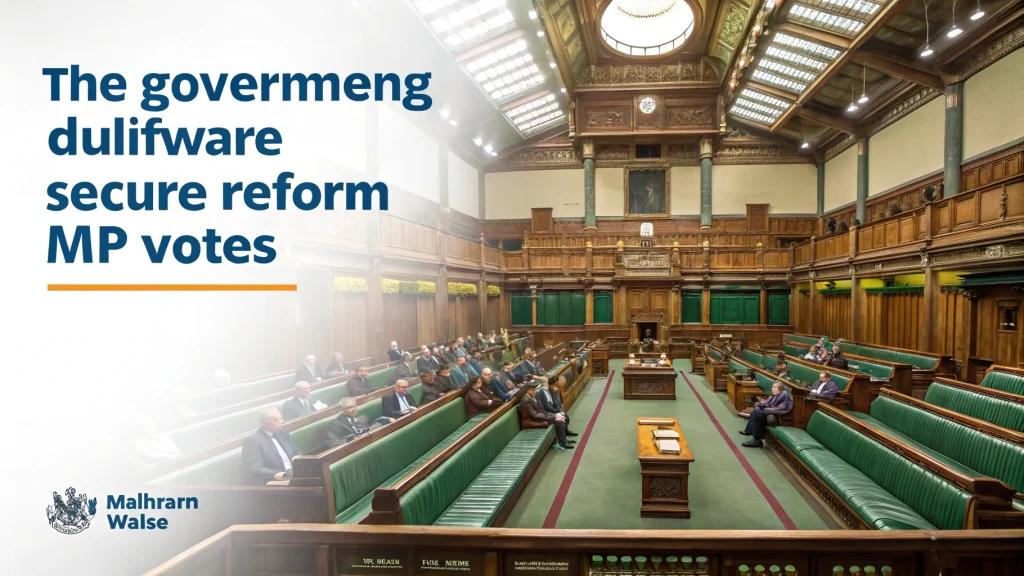The UK government has modified its welfare reform plans in an effort to gain parliamentary support for the controversial benefits bill. This strategic retreat comes after facing significant opposition from lawmakers who expressed concerns about the potential impact on vulnerable citizens.
The decision to soften the proposed changes represents a notable shift in the government’s approach to welfare policy. Initially presenting a more stringent set of reforms, officials have now opted for a more moderate stance to ensure the legislation passes through Parliament.
Table of Contents
TogglePolitical Compromise
Sources close to the negotiations indicate that several key provisions in the original bill were adjusted to address concerns raised by MPs from across the political spectrum. The government’s willingness to compromise suggests recognition of the political sensitivity surrounding welfare reform, particularly during a time when many households face economic pressures.
Political analysts note that this move reflects the practical realities of governing without a commanding majority. The government has calculated that passing a watered-down version of the reforms is preferable to seeing the entire bill rejected,” said one observer of parliamentary affairs.
Key Changes to the Bill
While specific details of the modifications remain limited, the revised proposal reportedly includes:
- Extended transition periods for benefit recipients affected by the changes
- Additional safeguards for particularly vulnerable groups
- Revised eligibility criteria that are less restrictive than originally proposed
These adjustments appear designed to address the most contentious aspects of the original proposal while maintaining the government’s broader agenda of reforming the welfare system.
Opposition Response
Despite the concessions, opposition parties have continued to criticize the bill. Critics argue that even in its modified form, the legislation could still negatively impact those who rely on benefits for basic necessities.
“Making the cuts slightly less severe doesn’t change the fundamental problems with this approach to welfare,” stated one opposition MP who has been vocal in challenging the government’s welfare policies.
Advocacy groups representing benefit recipients have similarly expressed ongoing concerns, though some have acknowledged that the revised proposals represent an improvement over the initial plans.
Broader Implications
The government’s decision to modify its approach highlights the challenges of implementing significant policy changes in a divided political environment. It also raises questions about the future direction of welfare reform in the UK.
Economic experts suggest that this episode may signal a more cautious approach to welfare changes going forward, with greater attention paid to building political consensus before introducing major reforms.
The compromise also reflects growing public sensitivity around benefit cuts, particularly as cost-of-living pressures continue to affect households across the country.
As the modified bill moves through the legislative process, attention will now turn to its implementation and the actual impact on benefit recipients. While the government has secured a path forward for its legislation, the debate over the appropriate structure and funding of the welfare system is likely to continue.















